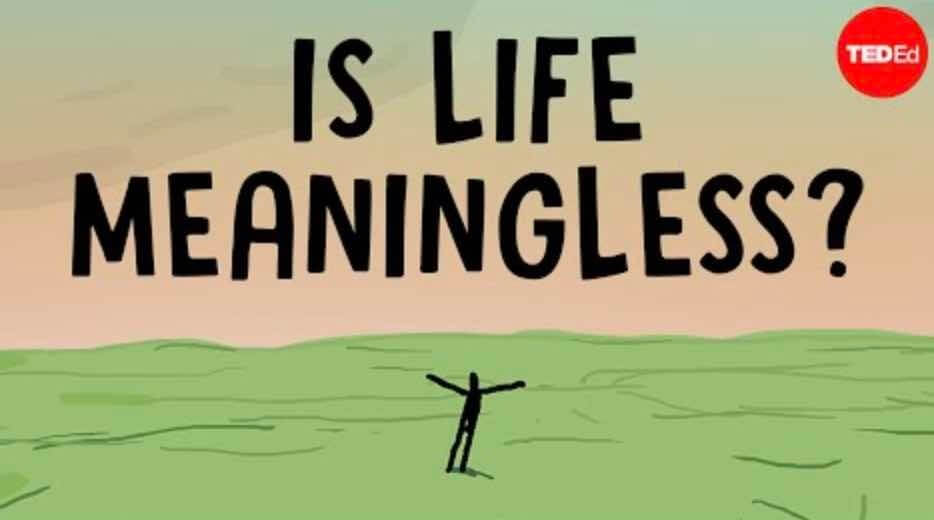Is life meaningless? And other absurd questions

Source: Nina Medvinskaya
Affiliation: TED-Ed
In this video, TED-Ed discusses Albert Camus. It offers some biographical background before exploring his philosophy. The video separates his work into three cycles: the cycle of the absurd, of revolt, and of love. In the first, Camus developed his philosophy of the absurd, arguing that life is absurd and futile since there exists an incompatibility between humanity's innate search for meaning and the indifference of the universe. This philosophy is clear in his first work, The Stranger. In the Myth of Sisyphus, Camus rejects suicide as a response to this absurdity. His second cycle of work focused on revolt, seen in books like The Rebel. His third and final cycle was about love, which began to be explored in The First Man, a book left unfinished when Camus died young.
Keywords: Existentialism , Meaning , Philosophy , Purpose